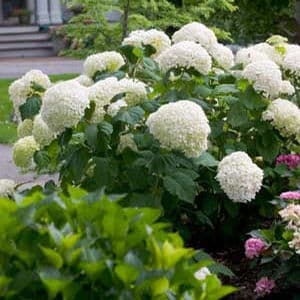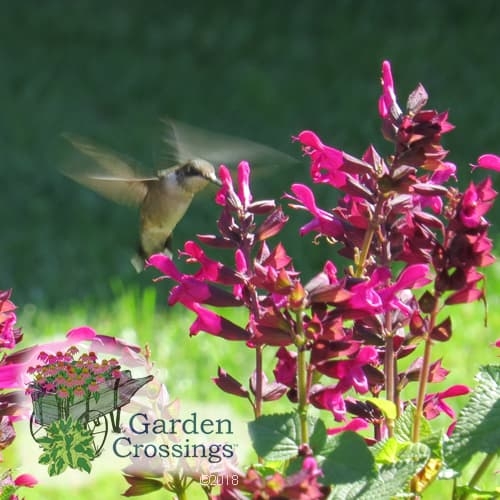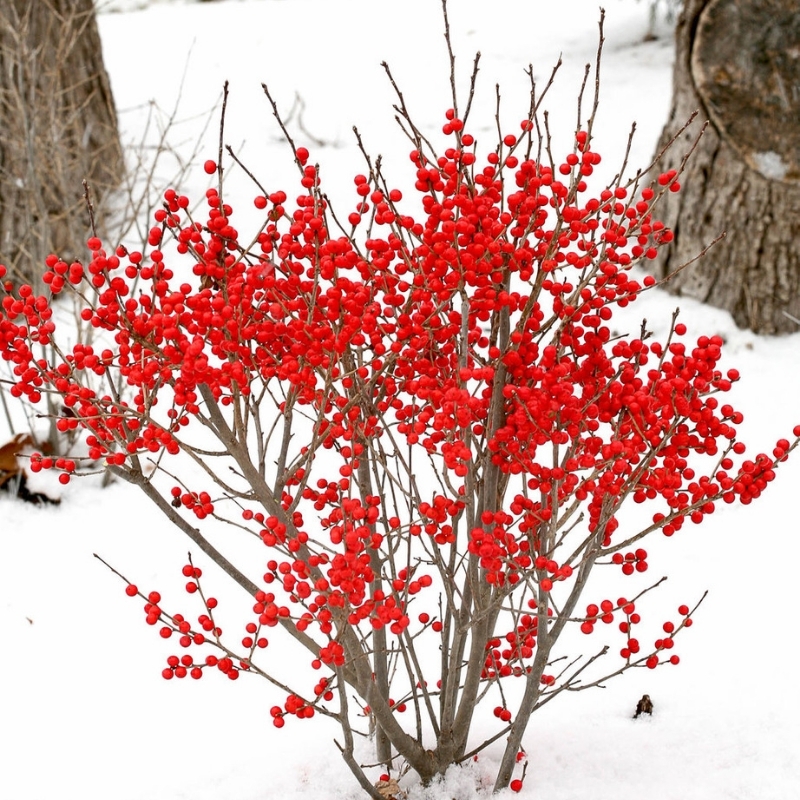|
It may still be too cold to garden where you live, but if you’re anything like me, that certainly doesn’t stop spring fever from settling in. I like to use the time I can’t garden outside to study up on new gardening techniques, keep up on current environmental issues, research new plants and make big plans for the coming season. (It never hurts to dream big!) I’ve detailed ten gardening tasks you’ll want to do once spring arrives in this blog post. I’m itching to do #3, but first I’d better take care of those persistent shepherd’s purse weeds that are already rearing their bright green heads in my garden. How a weed can appear less than 24 hours after the snow melts is beyond my comprehension! In the meantime, as I sit in my warm home gazing out into my landscape on this late winter day, I’d like to share five common sense gardening tips and challenges with you before the new season begins. 1. Do more of what works.
|
2. Try something new every year.
|
3. Be a keen observer of the creatures that inhabit your garden.The morning after a wet winter snow or early s Using that knowledge, make a plan for deterring the animals that can do the most damage to your garden including deer, rabbits and voles. Now is the time to read up on which repellents are the most effective or to consider replacing the critters’ favorites with different kinds of plants they don’t like. We’ve sorted our database into solutions for deer resistant and rabbit resistant plants to get you started. As warmer weather approaches keep an eye out for pollinators. Do you grow spring blooming flowers like bleeding hearts and hellebores that will provide an early season food source for bees? Are there host plants like milkweed for butterflies to lay their eggs on in summer? Do you grow late blooming plants like bluebeard to keep the pollinators fed through the end of the season?
|
4. Check out the view.What’s your view like as you look out into your garden today? With some careful planning, it could be spectacular in all four seasons. I appreciate evergreen shrubs and trees most this time of year. Now is when I make plans to plant more of them to screen my view of a neighbor’s garage, add a little more privacy, or block the prevailing wind. I intentionally plant trees and shrubs with bright bark or colorful fruit where I can en If your view is blocked by an overgrown plant that’s growing too close to the house, plan to prune it or replace it with something smaller. With so many kinds of compact shrubs available, there’s no reason to keep oversized plants that have outgrown their welcome.
|
5. Notice where water tends to pool in your landscape.Melting snows and early spring rains provide an opportunity for us to observe where water tends to pool in our landscapes. I’d recommend taking pictures or keeping good notes to help you remember. It’s up to you to decide whether to work with those conditions or alter your landscape to change where the water collects. You could sculpt a new garden bed in the area where water collects and plant it with moisture loving plants like sweetspire, elderberry, rose mallow and astilbe. They will happily soak up any excess moisture that comes their way. If you don’t want water to pool in a particular area, plan now to add more soil and bring that part of your landscape up to the same level as the dry ground. The place where you buy your mulch in bulk likely also sells screened topsoil that can be used for such a purpose. Lastly, enjoy these last few moments before spring fully arrives and it is time to get outside. There’s still time left to dream, scheme and plan before you plant! |






1 thought on “Late Winter Garden Planning You Can Do from Indoors”
Excellent advice! Very helpful and useful. Thanks 😀